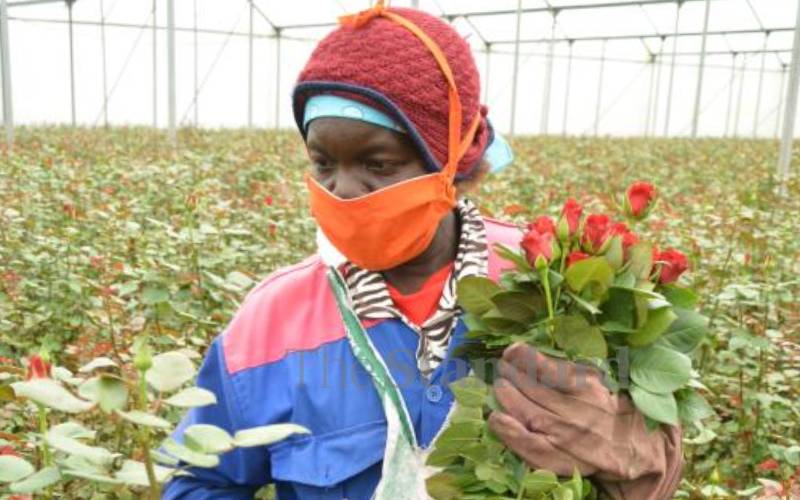×
The Standard e-Paper
Join Thousands Daily

A worker at Maridadi flower farm, Naivasha, cuts roses for export. [Antony Gitonga, Standard]
The floriculture industry, one of the country’s top foreign exchange earners is facing new threats and turbulence with a couple of farms closing down.







